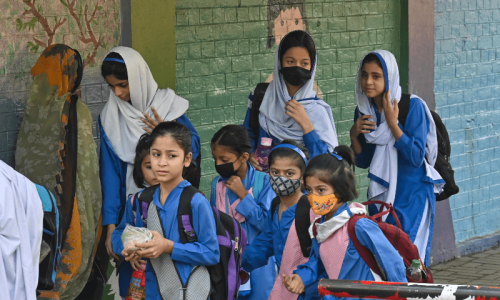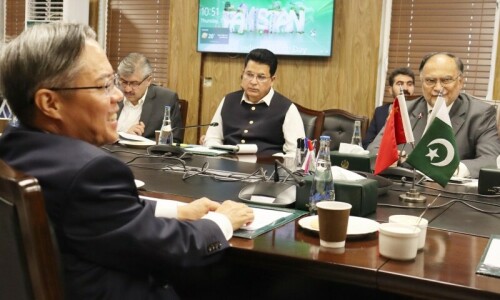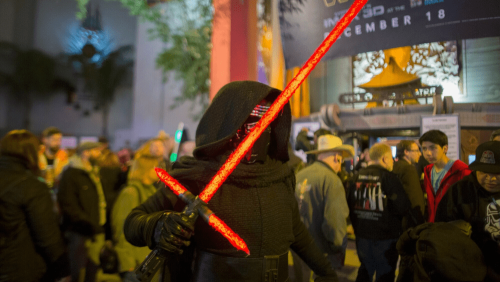Sri Lanka has ended a four-month state of emergency declared after Easter suicide bombings by militants that killed 258 people, officials said on Friday.
President Maithripala Sirisena has been extending the emergency on the 22nd of each month since the April 21 attacks on three hotels and three churches. However, his office confirmed that Sirisena had not extended it for another term and thereby allowed the emergency to end on Thursday.
“The president did not issue a fresh proclamation extending the emergency by a further period,” an official source said.
The official government printer also confirmed that there was no notification reimposing the state of emergency, which gives sweeping powers to police and security forces to arrest and detain suspects for long periods.
The Sri Lankan government used the emergency as it tightened security across the country and hunted members of a local militant group which was held responsible for the attacks and which claimed allegiance to the militant Islamic State (IS) group.
Police have said that all those directly responsible for the suicide bombings have either been killed or arrested.
This week Sri Lankan Tourism Minister John Amaratunga said he had asked the president to relax the draconian law to signal to foreign holidaymakers that the situation in the country was back to normal.
Sri Lanka's parliament is currently investigating security lapses that led to the Easter attacks despite intelligence warnings. Sirisena himself has been accused of failing to act on precise Indian intelligence that militants were about to hit Christian churches and other targets in Sri Lanka.
The mainly Buddhist nation of 21 million people was about to mark a decade since ending a 37-year-long Tamil separatist war when the militants struck.














































